Understanding Psoriasis Awareness Month
Every year, Psoriasis Awareness Month is celebrated in August. It’s a time dedicated to educating people about psoriasis, a chronic skin condition that affects millions worldwide. This awareness campaign aims to reduce the stigma associated with psoriasis, encourage early detection and promote effective treatments. For those who suffer from psoriasis, this month offers a sense of solidarity and support. For health enthusiasts, it’s an opportunity to learn more about this condition and how to support loved ones who may be affected.
What is Psoriasis?
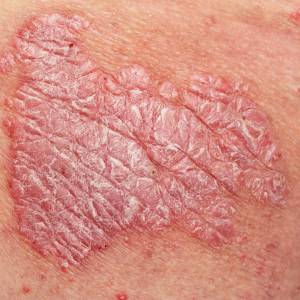
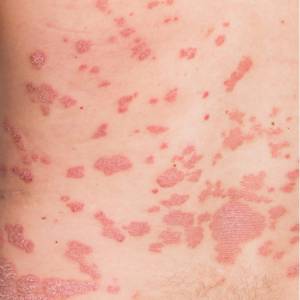
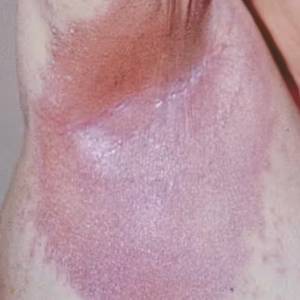
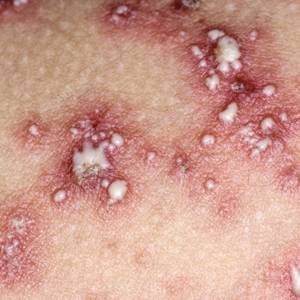
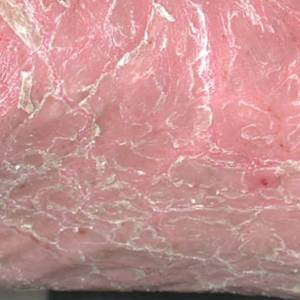
Types of Psoriasis
Plaque Psoriasis
Eruptive Psoriasis
Scalp Psoriasis
Nail Psoriasis
Nail psoriasis affects the fingernails and toenails leading to pitting, discolouration and sometimes even nail loss. It can be particularly distressing due to its visible nature.
Psoriasis on the Face
Mild Psoriasis
Body Parts Where Psoriasis Appears
Psoriasis On Face
Facial psoriasis can affect self-esteem and lead to social anxiety. Treatment options include topical steroids and moisturisers specifically formulated for sensitive facial skin.
Psoriasis On Scalp
Psoriasis On Nails
Psoriasis On Genitals
Understanding the Impact of Psoriasis on Daily Life
Available Treatments for Psoriasis
Topical Treatments
Creams and ointments applied directly to the skin are often the first line of treatment. These include corticosteroids, vitamin D analogues and topical retinoids.
Phototherapy
Phototherapy involves exposing the skin to ultraviolet light under medical supervision. This treatment can slow down the rapid growth of skin cells.
Systemic Medications
Emerging Treatments
Research is continuously evolving and new treatments are on the horizon. From advanced biologics to gene therapies, the future holds promise for more effective management of psoriasis.
Coping Strategies and Lifestyle Changes
Stress Management
Stress is a known trigger for psoriasis flare-ups. Techniques like mindfulness meditation, yoga and deep-breathing exercises can help manage stress levels.
Diet and Nutrition
Certain foods can exacerbate psoriasis symptoms. A balanced diet rich in anti-inflammatory foods like fruits, vegetables and fish can make a significant difference.
Skincare Routine
The Importance of Early Detection and Management
Psoriasis Treatment in London
Psoriasis Awareness Month is not just a time to educate about a chronic skin condition; it’s an opportunity to support those affected and contribute to ongoing research. By understanding what psoriasis is, recognising its symptoms and exploring available treatments, we can make informed decisions about our health.
If you or someone you know is struggling with psoriasis, seek medical advice and explore treatment options. Book an appointment at Harley Street Dermatology Clinic in London for personalised care and expert guidance.


